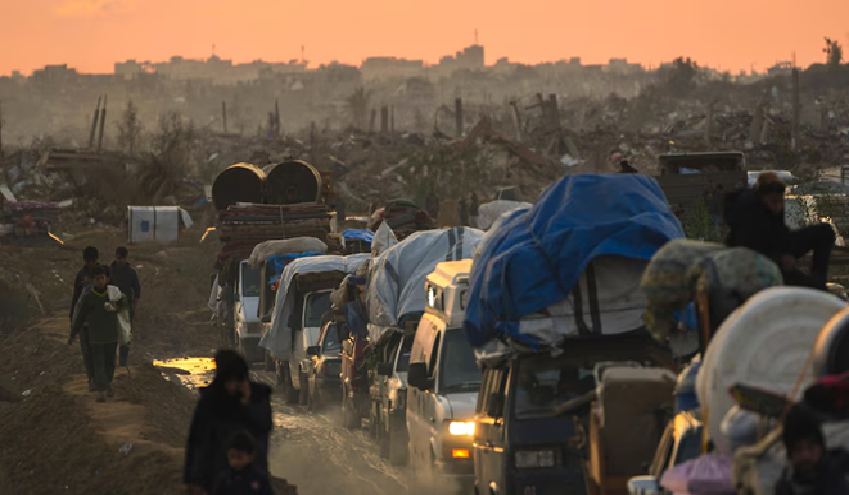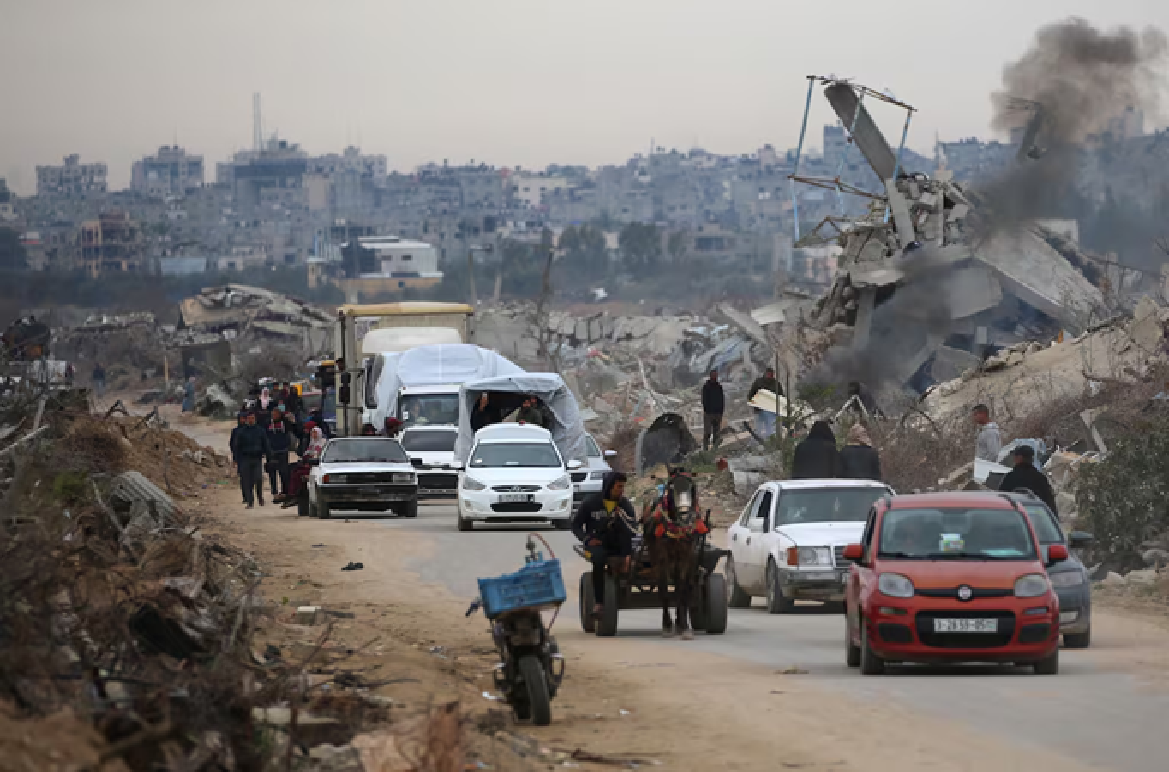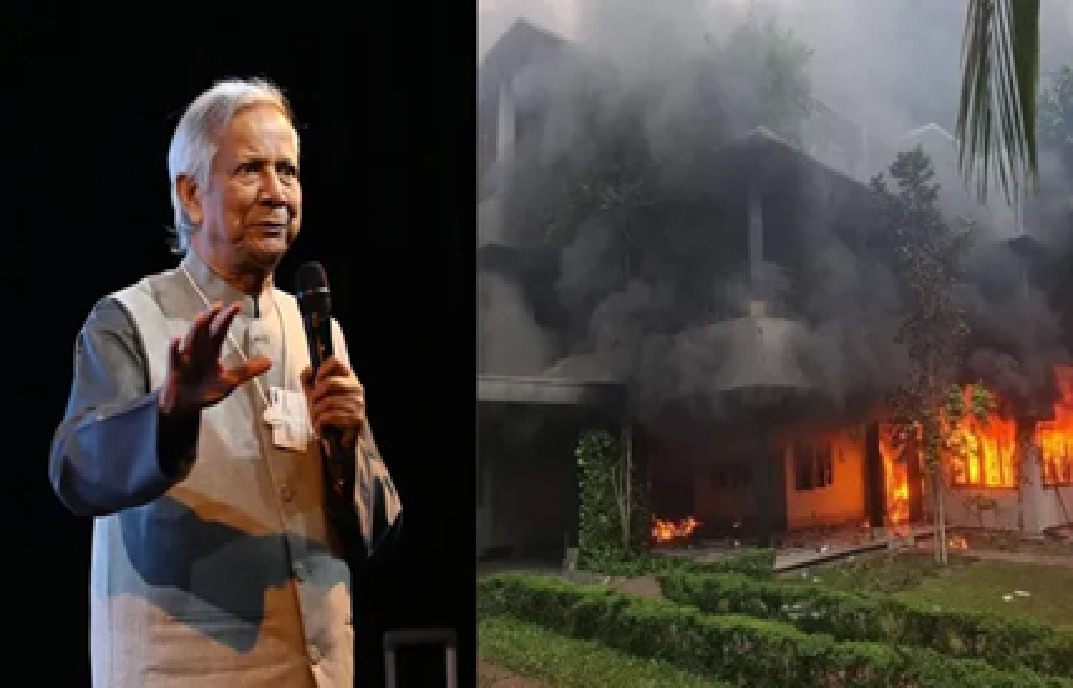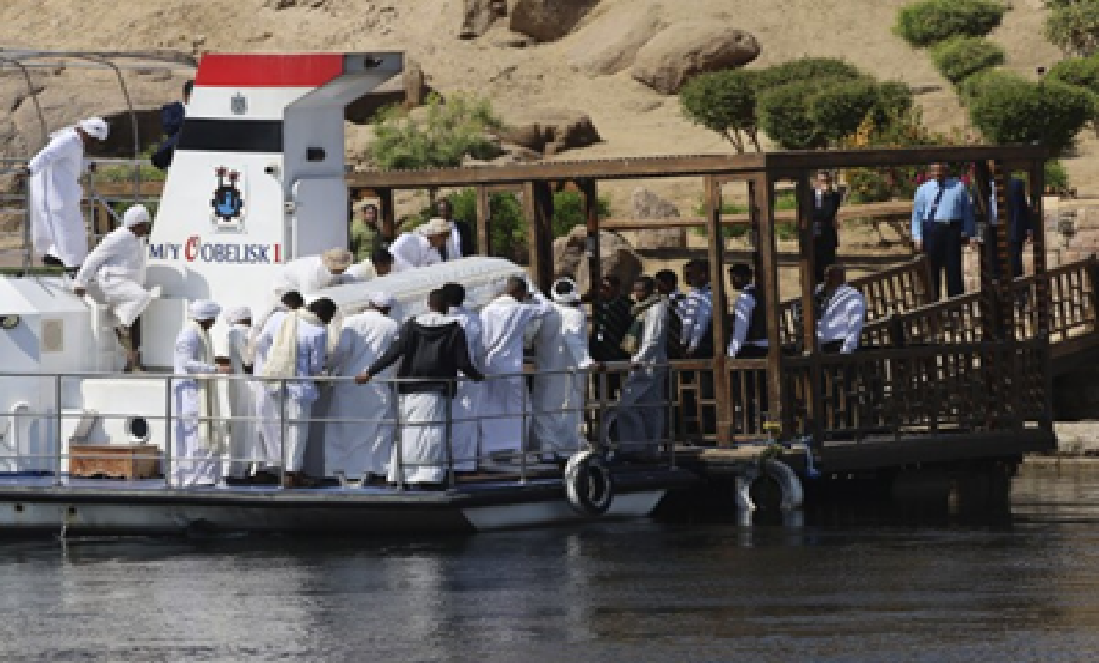.jpeg)
Lebanese worldwide fear for their homeland, loved ones
Associated Press Beirut: It was a year ago when Jomana Siddiqui visited Lebanon, where her father was born and is now buried. She planned to return there soon; this time, she thought, she would take her two teenage daughters. Instead, Siddiqui, who lives in California, now worries about relatives there. As she watches from afar the violence and the recent escalation in Israel's military campaign against Hezbollah in Lebanon, Siddiqui thinks about the people she met during her visit, the kindness and generosity she encountered. She thinks about her father's grave when, or if, she will get to visit it again. Her voice cracks with emotions.
It's been gut-wrenching, she said. “It's like the universal story of the Lebanese people,” she said. “They have to keep leaving and not knowing when they can come back.” From the United States to South Africa, Cyprus, Brazil and beyond, many members of Lebanon's farflung and large diaspora are contending with the ripples of the violence grieving, gripped by fear for loved ones and for their homeland, trying to find ways to help. Some 1,400 Lebanese, including civilians and fighters of the militant group Hezbollah, have been killed and some 1.2 million driven from their homes since Israel escalated its strikes in late September, saying it aims to push Hezbollah away from the countries' shared border. For Lina Kayat, who moved to South Africa almost 36 years ago but still has a big family in Lebanon, the violence and tensions there have echoes of earlier turbulent chapters.
“We lived through a civil war for a long time; I was like seven years old,” she said. “It feels like history repeating itself. ... It's the unknown of who is going to get killed next.” Kayat, who lives in South Africa's coastal city of Durban, speaks daily to her family, including her mother and her sister. “They are very scared and very worried about what is going to happen,” she said. Generations of Lebanese have grappled with whether to leave to seek better opportunities or escape various times of tumult from a 15-yearold civil war to military occupations, bombings and political assassinations or stay in a Lebanon that despite its numerous scars retains its allure for many. Lebanon home to multiple religious groups, including Christians and Sunni and Shiite Muslims takes pride in its large emigrant communities, which include successful businessmen and celebrities of Lebanese heritage. The current military escalation unfolds amid fears that fighting could spread in the region and comes as the Israel-Hamas war in Gaza nears the grim oneyear mark.
“It happening on top of Gaza is almost too much to bear,” said James Zogby, president of the Washington DC-based Arab American Institute. “It almost makes you physically ill just trying to fathom the extent of the trauma,” added Zogby, whose father was born in Lebanon. Already, Lebanon had been on edge and struggling under the weight of an economic meltdown, the fallout from a massive 2020 port explosion and other crises. It's been without a president for two years. Zogby wonders what will become of displaced.
 English daily published in Bengaluru & Doha
English daily published in Bengaluru & Doha






